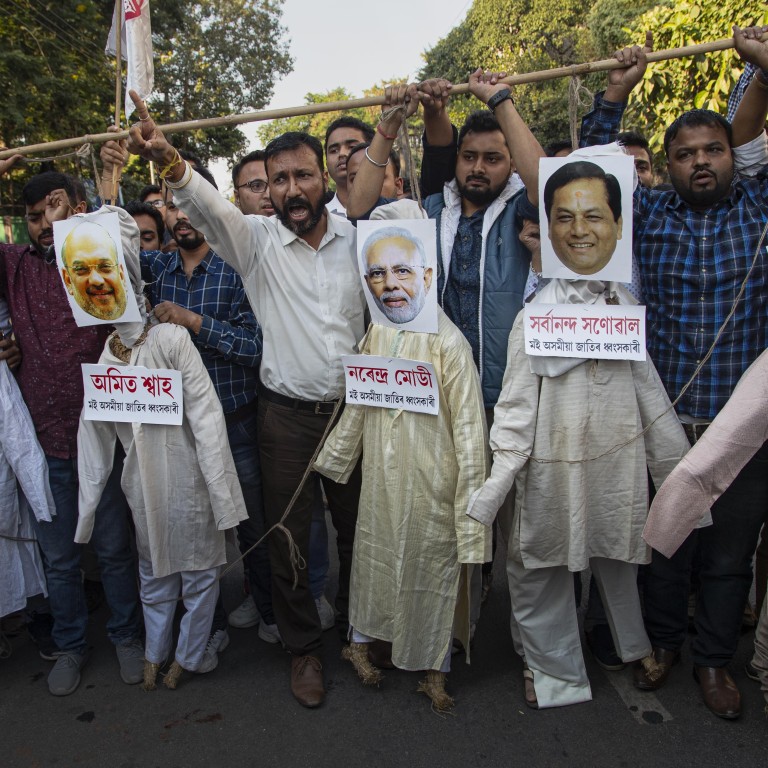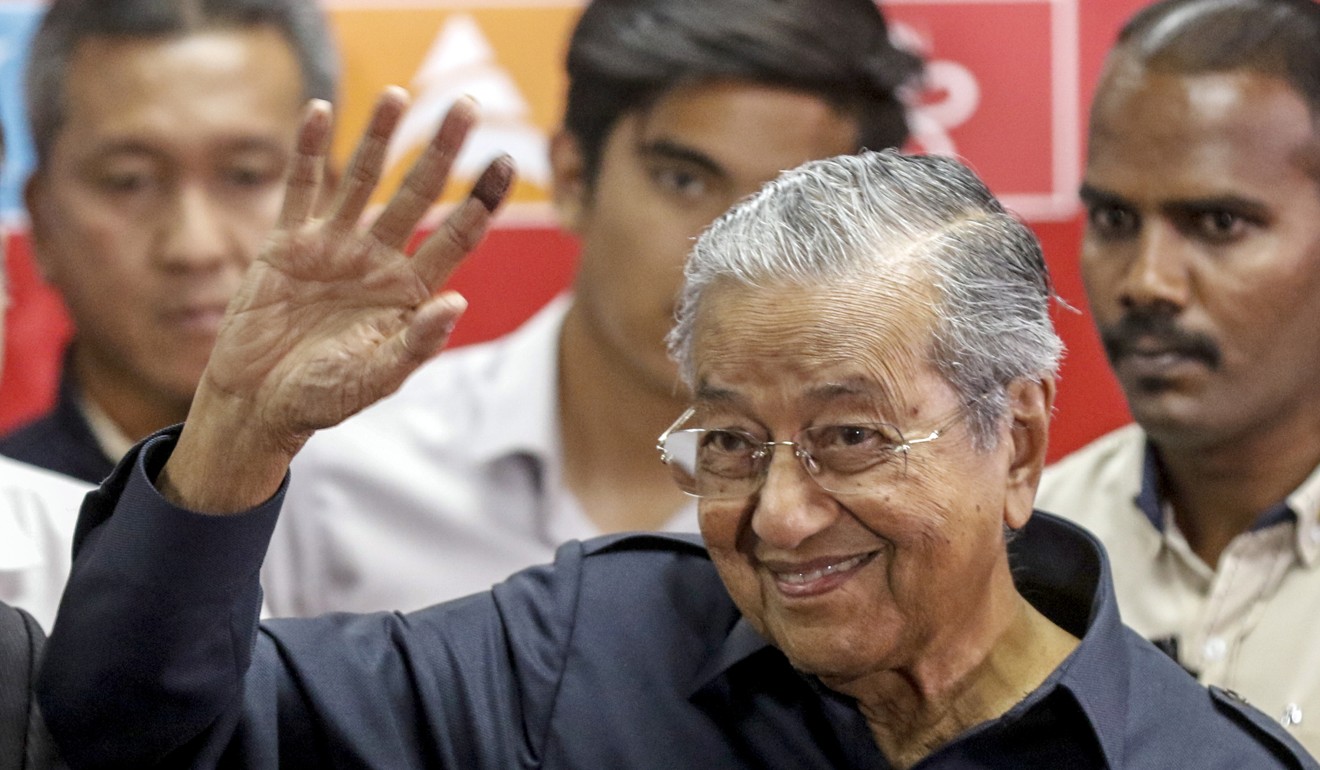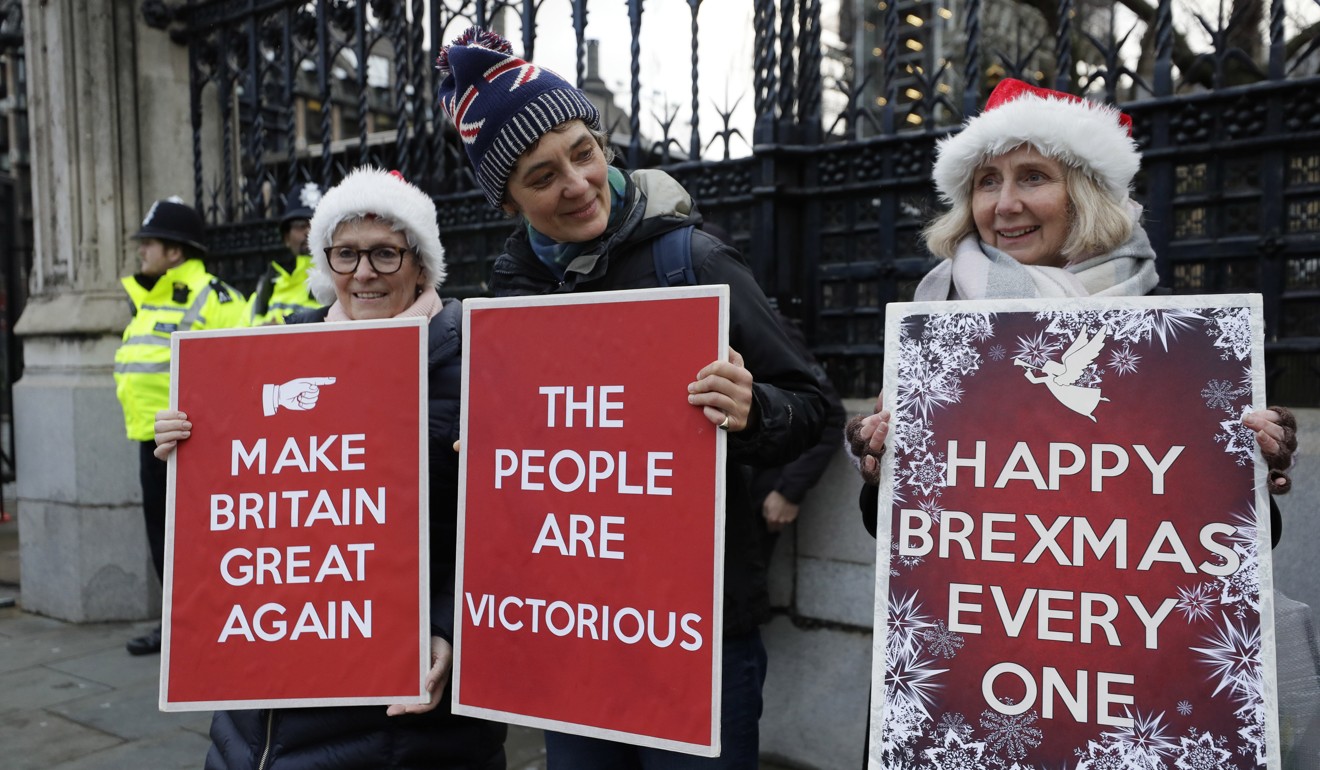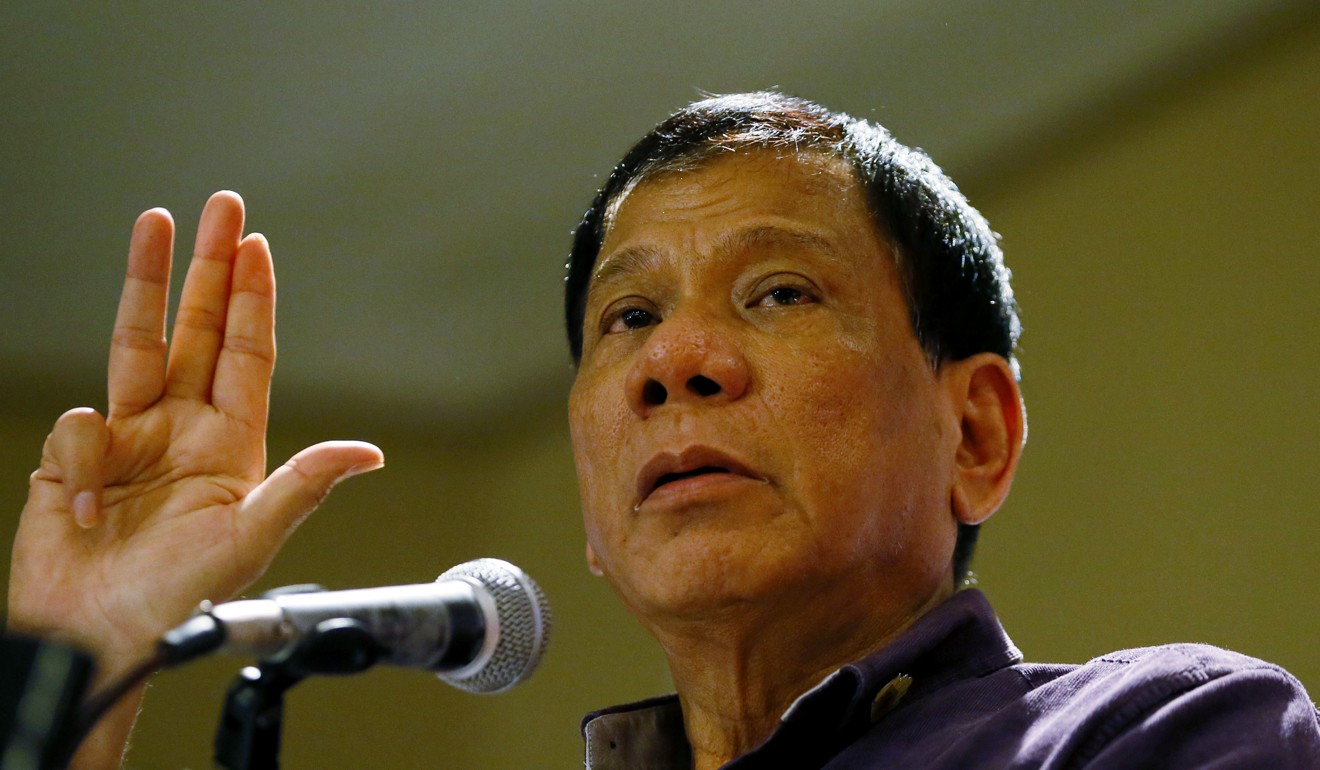
A decade defined by collective amnesia: Trump, Brexit, Duterte – and now India
- When politics becomes shaped by inward-looking nationalism, the loudest and most provocative voices are rewarded
- Malaysia’s 2018 election stands out as the exception to the rule – elsewhere we appear doomed to repeat history’s mistakes
The next morning, I felt exhilarated by what I viewed as a historic turning point, a resurgence of liberal democracy and a peaceful pivot away from corruption. How wrong I was. Events in Malaysia were just a brief respite from a global swing to the right. The “triumph of amnesia” has ensured more and more countries are becoming increasingly inward-looking, nationalistic and, frankly, racist.

Then in November, as winter swept across the American Midwest, I experienced the ultimate chill as I watched Donald Trump, a seedy reality TV star, stun all the pundits and outmanoeuvre Hillary Clinton to occupy the White House.
Many analysts blamed the ubiquity of data-driven, digital campaigning and the relentlessness of the Twitter cycle. Facebook has become a terrible cancer on society but there were even more troubling issues in play. Country after country seemed to reject the lessons of their very history as they embraced the most vulgar and ignorant of leaders.
Of course, not everyone was afflicted by this amnesia.
During a pre-Brexit political talk show, Sheila Hancock, an 86-year-old actress with a pixie haircut and remarkable poise, explained the historical forces behind the initial formation of the EU. She talked about the horrors of war and the overriding need to keep Europe at peace. As she conjured a compelling regional vision and the paramount importance of preventing the recurrence of war, it was clear she was firmly tethered to history, knowledge and experience. She represented the opposite of the “triumph of amnesia”. However, her Cassandra-like warnings – calm, profound and prophetic – were ignored.

Our collective memories, already weak and short-term, have grown hazier. Social media has destroyed the hierarchies of knowledge. Figures of authority, such as historians and economists, are denigrated. Instead, we find ourselves drawn to those who speak the loudest and most provocatively.
Inevitably, these coarse voices become touchstones for our societies. And when we’re faced with momentous decisions – Brexit, Trump’s impeachment or, as in Malaysia, issues concerning the overlap of civil and sharia authority – the advice we receive is skewed by racial prejudice and bigotry.
The amnesia throttles societies. It prevents them from truly progressing. And generally, the 80-year mark – two to three generations – is critical.
Malaysia dangles post-Brexit trade deal in front of Britain if it breaks with EU on palm oil ban
In the case of Europe and the US, the generation that lived through World War II is dying out. All we are left with now is a thin veneer of memories, perhaps a few films, half-truths, dreams and lies.
The speed of our forgetting has also accelerated our disregard for societal norms and standards of behaviour. Why bother honouring old-fashioned codes of conduct when no one cares about the past anyhow? All that is important is the accumulation of yet more power. However, once we start forgetting history’s lessons, we will certainly keep repeating its mistakes.

In India – the world’s largest democracy – which went to the polls earlier this year, we are witnessing the extraordinary dismantling of a pluralistic and secular constitution, shaped by Mahatma Gandhi and Jawaharlal Nehru.
These men and others, such as Dr BR Ambedkar, took heed of the tragedy of partition as well as the terrible errors of Pakistan. They respected India’s cosmopolitan nature and rejected the creation of a nation along explicitly religious – in this case, Hindu – lines.
In recent weeks, Narendra Modi and his henchman Amit Shah have wilfully broken with this noble legacy. Legislation has been passed that will likely disenfranchise India’s Muslim population, numbering about 190 million people.
Modi’s surgical strike on Muslims puts India at war with itself
Majority-Muslim Kashmir has been under lockdown for over four months. In Assam, there are already camps being built for those no longer considered Indian nationals. The scale and the speed are frightening. The rhetoric emanating from India is beginning to match the vitriol of Rwanda and Nazi Germany, as terms such as “cockroaches” and “final solution” are bandied about.
Again, our resolute refusal to learn from the past means we risk repeating its mistakes. The “triumph of amnesia” is also the “triumph of evil”.

